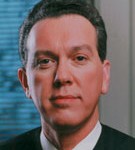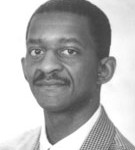Trans-formation
 A year ago, President Barack Obama issued a proclamation naming June “Lesbian, Gay, Bisexual and Transgendered Pride Month.” The proclamation effectively incorporated the transgendered community into President Bill Clinton’s 2000 proclamation, which named June “Gay & Lesbian Pride Month.” In honor of the transgendered community, their legal rights, and the month of June, it seems appropriate to discuss gender identity discrimination and the infamous “trans panic defense.”
A year ago, President Barack Obama issued a proclamation naming June “Lesbian, Gay, Bisexual and Transgendered Pride Month.” The proclamation effectively incorporated the transgendered community into President Bill Clinton’s 2000 proclamation, which named June “Gay & Lesbian Pride Month.” In honor of the transgendered community, their legal rights, and the month of June, it seems appropriate to discuss gender identity discrimination and the infamous “trans panic defense.”
The overall struggle that transgender people face is similar to the struggle that gays and lesbians face, but for transgender people, the progressive change for their legal rights seems to be slower. Currently, in 38 states it is still legal to discriminate based on gender identity. Comparatively, 30 states have not yet developed laws against sexual orientation discrimination. Wisconsin was the first state to ban employment discrimination based on sexual orientation, and it did so in 1982. However, as of yet, it has not created equal legislation regarding gender identity.



